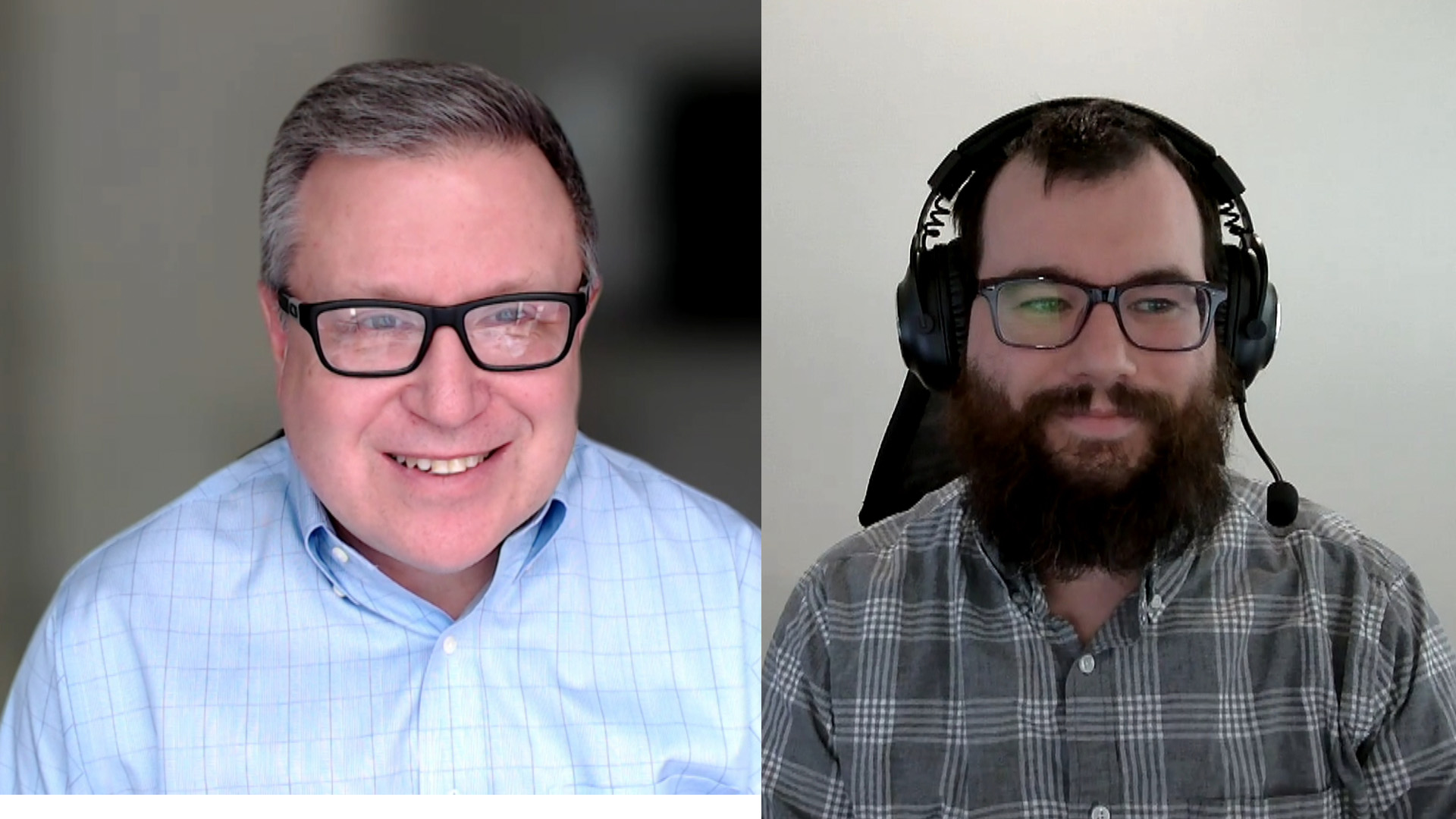 INFRA
INFRA
 INFRA
INFRA
 INFRA
INFRA
The world of enterprise technology moves notoriously fast. Despite the continuous innovation strides in high-performance computing as it exists today, momentum is occurring in parallel to bring forth its next evolution — quantum computing.
Quantum computing, in simpler terms, will be another hardware accelerator purpose-built for certain classes of emerging workloads — at least in the beginning, according to Burns Healy (pictured, right), emerging technology researcher with the Dell Research Office at Dell Technologies Inc.
“If think about graphical processing units, they were originally designed for graphics,” Healy explained. “Now we’re finding applications for them in machine learning use cases like large language models. Specific workloads run better on GPUs while other workloads do not. In that same way, there are going to be particular classes of workloads that quantum technologies will accelerate and improve over our current methods, and then there are others that they won’t.”
Healy and Mike Robillard (left), senior director and senior distinguished engineer at Dell Technologies, spoke with theCUBE industry analyst John Furrier at the ISC High Performance event, during an exclusive broadcast on theCUBE, SiliconANGLE Media’s livestreaming studio. They discussed the need for pragmatism in assessing the enterprise value of quantum computing. (* Disclosure below.)
With the emergence of any new, potentially groundbreaking technology, there’s always an accompanying level of public excitement on what it’ll bring from the get-go. For certain use cases, such as encryption/decryption and quantum ML, that hype is proving true, but only within the realms of particular contexts, according to Healy.
“Our current encryption standard, which is Rivest-Shamir-Adleman with a specific length key, is susceptible to a faster brute force attack via a quantum computer,” he explained. “RSA is one particular workload, if you’re talking about decryption, where quantum computers could be advantageous at. But other encryption methods are not susceptible to that same kind of attack. Identifying those particular workloads wherein quantum is helpful is a fine line, but encryption/decryption and things like quantum machine learning are coming online.”
Another potential enterprise value area from quantum computing is the optimization and streamlining of operations, Robillard added.
“Another thing that’s pretty universal is the idea of optimization,” he said. “Every company is always trying to optimize their business operations, and quantum computers appear to be very well suited for optimization types of problems. There are a lot of applications; it’s just a matter of going out and finding them.”
While quantum is still in its fledgling stage, clear signs are already emerging to separate the companies that’ll chart the path of innovation. Those qualities include a deep understanding of the science, combined with savvy user analysis and meticulous hands-on engineering, according to Robillard.
“When you see a company that understands the physics and can connect to user needs and workloads — alongside advancing the engineering for building these systems — that’s a great quantum company,” he explained. “There are a few examples of that in the space. While there’s cooperation, there’s also competition. You’ve got multiple threads of research and development that are relatively independent, all progressing independently. And at this point, it’s really too early to call.”
Here’s the complete video interview, part of SiliconANGLE’s and theCUBE’s coverage of the ISC High Performance event:
(* Disclosure: Dell Technologies Inc. sponsored this segment of theCUBE. Neither Dell Technologies nor other sponsors have editorial control over content on theCUBE or SiliconANGLE.)
THANK YOU